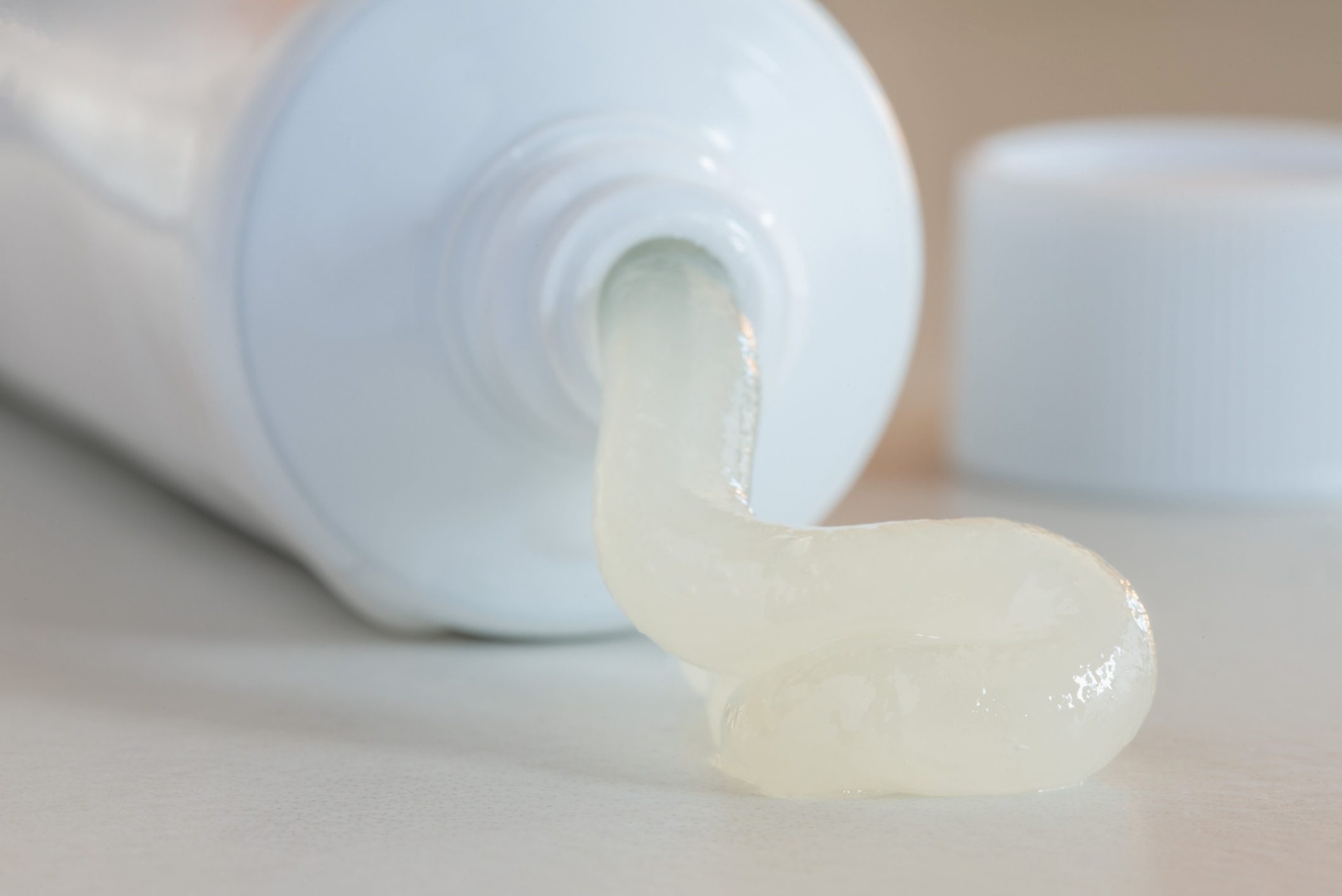The topical ointment was sold nationwide in the U.S. on Amazon, at Walmart, and via multiple online pharmacies.

300,000 Tubes of First Aid Ointment Recalled Nationwide

When you or one of the little ones in your life gets a cut, scrape, or burn, there’s a special kind of comfort in opening up the medicine cabinet and finding an old standby first-aid product that’s worked wonders for as long as most of us can remember.
But the last thing you want to do is apply an unsafe product to an open wound. If you’re a believer in Neosporin—or more specifically, its competitor topical antibiotic ointment products—this week, the U.S. Food and Drug Administration (FDA) has announced the recall of 295,164 one-ounce tubes of Rugby First Aid Antiseptic Ointment, Povidone Iodine USP 10%.
The ointment, made in China, was sold nationwide in the U.S. on Amazon, at Walmart, and via multiple online pharmacies.
The FDA says the recall has been executed due to undeclared ingredients and incorrect labeling. Though the label lists the product’s inactive ingredients as mineral oil and petrolatum, the actual ingredients are polyethylene glycol (PEG) 400 and polyethylene glycol 4000. PEGs are petroleum-based compounds that can be found in a wide array of skincare and other cosmetic products. Most often, they’re used as thickeners, solvents, softeners, and emulsifiers, and are generally considered safe for topical use.
However, during the manufacturing process, PEGs can potentially become contaminated with ethylene oxide, a known human carcinogen (cancer-causing substance), and 1,4-dioxane, a probable human carcinogen. They can also release these dangerous substances into the environment.
Dr. Whitney Bowe, MD, FAAD, a board-certified dermatologist who holds degrees from Yale and the University of Pennsylvania, recently took to YouTube to explain why PEGs represent a problem in the clean beauty movement. “Nowadays most people make sure that even if some of those carcinogens are created or released during that processing of PEGs, the end result—that final PEG that’s included in the formulation—is not contaminated by any carcinogens,” Dr. Bowe explains. She notes that for consumers, there’s a “very low—if any—risk that there’s a carcinogen in that product.”
In the case of this particular recall, the FDA announced a Class II risk level, meaning the product could cause adverse health consequences but the risk of serious adverse effects is low.
However, Dr. Bowe adds that the more pressing concern—and the reason PEGs pose an ethical dilemma—is because workers in manufacturing plants who may be exposed to such chemicals are at a far greater risk of developing cancer as a result of working with those ingredients. “Even if the amounts are tiny, if those workers are spending hours at a time exposed to that environment, that exposure can become cumulative,” Dr. Bowe says.
While the risk to consumers is low, the company wrote in a letter to wholesalers that they should take precautions to ensure the products are not distributed further. “Immediately examine your inventory and quarantine products subject to recall … Your assistance is appreciated and necessary to prevent patient harm,” the company said.
The products began shipping March 6, 2023, but bear expiration dates as late as 2027. Consumers can identify the recalled products by the following lot numbers and dates of expiry:
- Lot 220901, Exp. 09/30/2024
- Lot 230701, Exp. 07/31/2026
- Lot 230301, Exp. 03/31/2026
- Lot 230401, Exp. 04/30/2026
- Lot 230501, Exp. 05/31/2026
- Lot 230801, Exp. 08/31/2026
- Lot 240301, Exp. 03/31/2027
- Lot 240501, Exp. 04/30/2027
For daily wellness updates, subscribe to The Healthy by Reader’s Digest newsletter and follow The Healthy on Facebook and Instagram. Keep reading:
- 250,000 Covid Tests Sold Nationwide Recalled for False Results
- Kroger and 15 Other Grocers Just Recalled More Than a Dozen Products for Meat Safety Concerns
- Fisher-Price Recalls 21 Models of a Popular Product After 5 Deaths Reported
- Walmart Just Recalled Almost 900,000 Packages of a Great Value Product




















